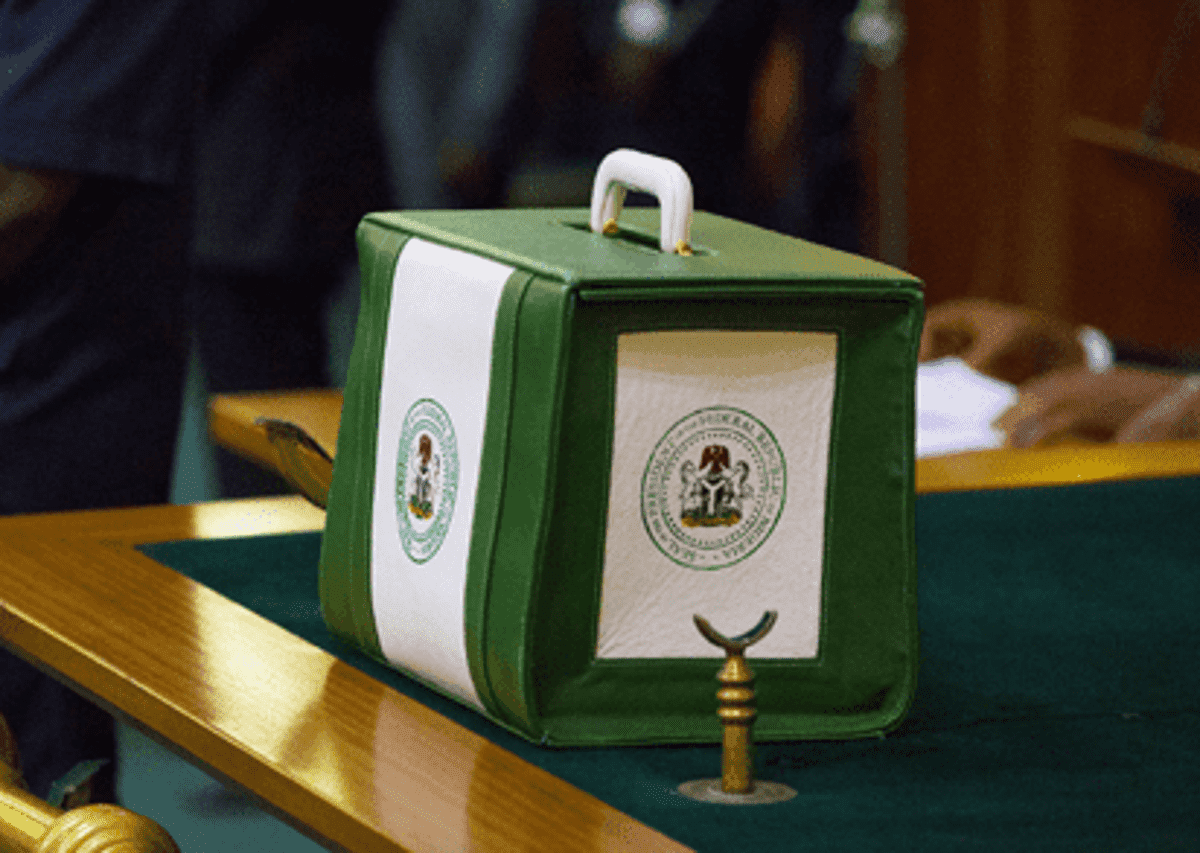The federal government will borrow N850 billion from dividends and dormant accounts as part of funding for the 2021 appropriation.
The Minister of Finance, Budget and National Planning, Mrs. Zainab Ahmed, gave the data on Tuesday during the virtual presentation on the 2021 budget.
- Nasarawa State loses 3 prominent elders
- Tashar Buhari: Kano’s makeshift motor park where you can take a ride with N30
She said, “There would be as much as N850 billion. Again, this is a special trust fund, it means the government is keeping the money in trust for the beneficiaries at any time a registrar or a bank confirms that this is a true and bona fide beneficiary of this fund government will release from that trust fund to the investor’s bankers bank entitlement.”
The minister also said there is a plan to borrow at least N5.6 trillion to finance the 2021 budget deficit.
While half of the borrowing will be from foreign sources, the balance will be borrowed domestically.
A fixed amount of N2.34tr will be borrowed from both sources while another N709.69bn will be borrowed from multilateral and bilateral sources.
On the revenue projection of N7.99tr which is 36 per cent higher than the 2020 projection of N5.84tr, the minister said 30 per cent of that will be from oil-related sources and 70% from non-oil sources.
The 2021 budget comes with an aggregate capital expenditure of 4.37tr representing 32.29 per cent of total expenditure and 62.9 per cent higher than 2020.
The debt service provision is N3.32tr representing 24.5% and 12.6% higher than the 2020 revised budget.
On the 2020 budget performance, the minister said the government released N1.8tr for capital infrastructure by December 2020.
She said this amount represented 89 per cent of the provision for capital expenditure noting that out of the amount released, N118.3bn was for COVID-19 capital expenditure.
N3.27tr was spent on debt servicing while N3.19tr was spent on salaries and pensions.
Zainab said the government projected N9.97tr expenditure for 2020, but spent N10.08tr representing 101% performance due to the additional COVID-19 expenses.
Responding to an inquiry on the fate of oil subsidy provision, the minister said it was an issue that had been dealt with. She ruled out the possibility of retaining oil subsidy.
“No. We are not bringing back fuel subsidies. No provisions have been made for subsidy of fuel, no provisions have been made for subsidy of electricity,” she responded.

 Join Daily Trust WhatsApp Community For Quick Access To News and Happenings Around You.
Join Daily Trust WhatsApp Community For Quick Access To News and Happenings Around You.

